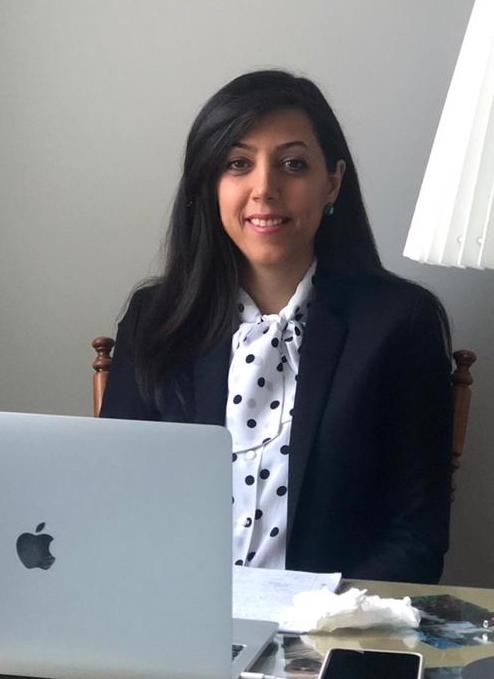University of Lethbridge Master of Science (Management) and international student Neda Ghafoorifard (MSc Mgt '21) says that studying in Canada at uLethbridge was a dream come true. The Dhillon School of Business master's student majored in marketing and recently successfully defended her thesis: Economic hardship, Ontological insecurity, and household food waste, supervised by Dr. Rhiannon M. Mesler. Here Neda shares the compelling results, especially relevant during covid-19, and her suggestions to overcoming over-consumption brought on by insecurity.

What did you explore in your thesis and what were your research findings?
I examined the impact of economic hardship on consumers’ food-related behaviour. I identify that economic hardship significantly and negatively predicts consumer food waste behaviour, so economic hardship leads consumers to waste less food. I also find a positive indirect effect wherein economic hardship positively predicts ontological insecurity, the aversive feeling of being overwhelmed and out of control, which in turn positively predicts over-consumption and in turn higher food waste.
What excited you the most about pursuing this research?
Today, negative changes in the financial situation are really common and most consumers will experience economic hardship during their lifetime, such as what happened in the covid-19 pandemic. I wanted to explore the relationship between this economic hardship and an important downstream consequence of consumers’ food choice, preparation and consumption: food waste behaviour.
What impact are you hoping this research will have on the community/the public?
I hope my work creates opportunities for social marketers and policy-makers to shape food waste behaviour. For example, interventions that enable consumers to feel more ontologically secure could ameliorate the need to over-consume, which may in turn attenuate food waste. Further, marketing campaigns targeting consumers as they select their food (e.g., by placing ads in grocery shopping apps), to reduce the incidence of over-purchasing or redundant purchases could similarly attenuate food waste behaviour.
Now that this chapter is over, what are your hopes or plans for the future?
I am really enthusiastic about pursuing my research in a ph.d course and I hope to find a position.
Any advice for others considering graduate school, or just starting their graduate student journey?
“The capacity to learn is a gift; the ability to learn is a skill; the willingness to learn is a choice.” – Brian Herbert, author.
Congratulations Neda!
The Dhillon School of Business at the University of Lethbridge is known for its immersive experiential learning opportunities, connecting learners with industry, its supportive, personalized approach and for exposing students to emerging technology. Study options available in both Lethbridge and Calgary.